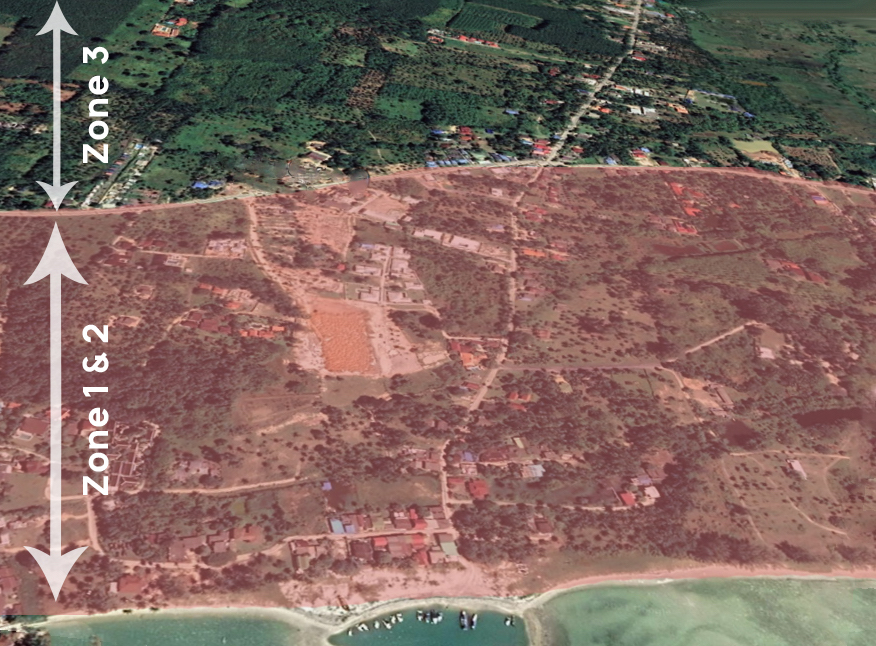Are you planning to build your dream home or invest in a property in Koh Samui, Thailand? It’s essential to familiarize yourself with the local building regulations to avoid any legal complications in the future. In this comprehensive guide, we’ll take you through everything you need to know about building regulations in Koh Samui, Thailand.
Building Codes in Koh Samui
Before starting any construction project, it’s crucial to ensure compliance with the local building codes. Koh Samui, like any other part of Thailand, follows the National Building Code, which sets the minimum standards for construction and design. The code specifies guidelines for building materials, structural design, electrical systems, plumbing, and fire safety measures.
Building Permit Application Process
To start a construction project in Koh Samui, you must obtain a building permit from the local government. The process involves submitting a detailed building plan, including architectural and structural drawings, to the Municipal Engineering Department. The department will review your plans to ensure compliance with the local building codes and zoning regulations. The review process takes about 30 days, and the permit fee varies depending on the project’s size and complexity.

Land Zoning Regulations
Koh Samui has specific land zoning regulations that determine the type of construction allowed in each area. The island is divided into four main zones: residential, commercial, agricultural, and conservation zones. The regulations dictate the size, height, and design of the buildings allowed in each zone. It’s essential to check the zoning regulations of your desired location before purchasing or developing a property.
Environmental Regulations
Koh Samui is a beautiful island with an abundance of natural resources, and the government has strict environmental regulations to protect them. The regulations require builders to conduct an Environmental Impact Assessment (EIA) before starting any construction project. The EIA assesses the project’s potential impact on the environment and proposes mitigation measures to minimize any adverse effects.
Construction Safety Regulations
Thailand has comprehensive construction safety regulations to ensure the safety of workers and the public during the construction process. The regulations require builders to follow safety measures such as providing protective gear to workers, ensuring proper scaffolding and bracing, and conducting regular safety inspections.
Conclusion
Building regulations in Koh Samui, Thailand, are essential to ensure safe and sustainable construction projects. As a property owner or developer, it’s crucial to comply with the local building codes and regulations to avoid any legal complications. Understanding the regulations and obtaining the necessary permits before starting your construction project will help you avoid any potential issues down the road.
